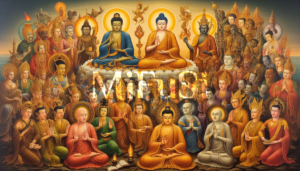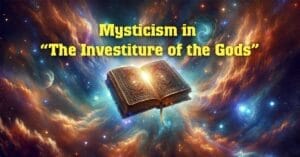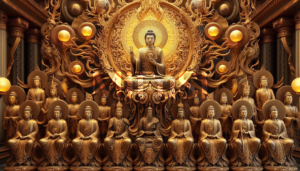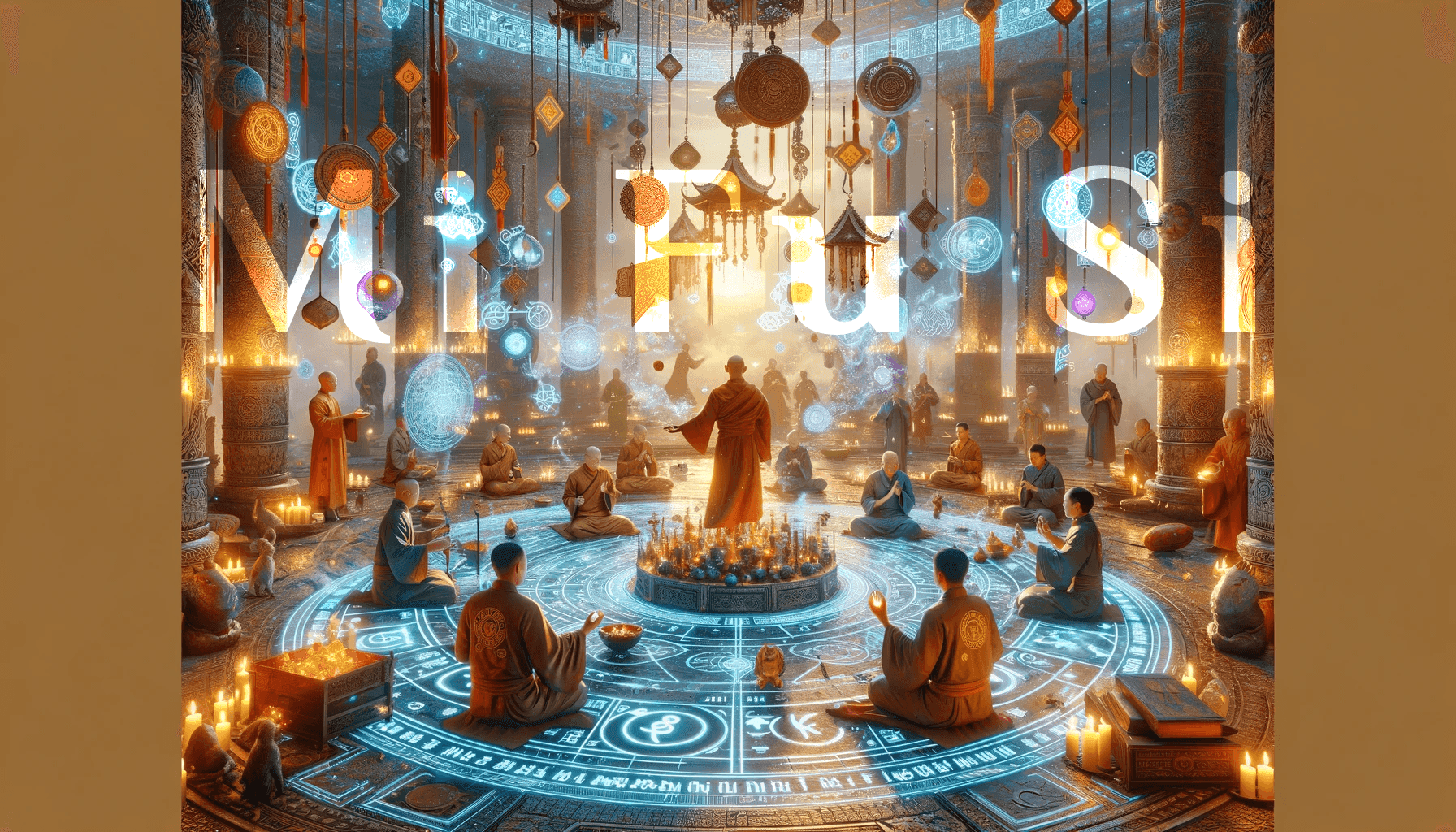Rules of H’mong charms and spells
(Re: Bùa ngãi xứ Mường – QUY TẮC BÙA PHÉP by Thái Hòa on 04 December 2009, 13:30 – translated by Horangi.)
To ensure the safe and effective use of magic charms, amulets, spells, and rituals, certain rules and guidelines must be followed to prevent them from backfiring.
“Magic charms, amulets, spells, and rituals originally belong to the Hmong people but are commonly used by Vietnamese and Cambodian monks and shamans to address various problems. However, there are regulations governing the use of these powers, similar to earthly laws. Spells are only effective when used for righteous causes; otherwise, there are negative consequences for the misuse of power.
For instance, consider the use of a love charm. Obtaining a love charm to facilitate marriage with someone you genuinely love is acceptable. It’s akin to seeking the assistance of an invisible matchmaker who assesses the compatibility of the union and grants your wish if deemed appropriate.
However, the love charm should not be used to manipulate or conquer someone for amusement, only to later abandon or divorce them. Consequences for such misuse vary from mild to severe, ranging from societal disapproval and reproach to legal penalties, including the division of marital assets and additional fines imposed by a court in cases of divorce.”
An acquaintance of mine shared a story from his student days when he made a bet with his friends to seduce the beauty pageant winner at their school. He resorted to using a Love Charm to fulfill his wager, successfully winning the bet but subsequently abandoning the woman shortly after. However, from that point on, whenever he attempted to pursue a woman he liked, he experienced chills and uncontrollable shivering. As a result, he ended up living alone for the rest of his life, understanding it as the retribution of the love charm for his unethical behavior.
In cases where a couple harbors mutual animosity and their marital bond is irreparably damaged, the law permits them to seek divorce. No magician or monk, regardless of their abilities, can employ a love charm to compel them to remain together. Such attempts are destined to fail, as the metaphysical laws governing these matters are consistent with earthly laws.
If a couple is undergoing a trial separation but still maintains feelings for each other, there exists the possibility of reconciliation and reuniting without the need for spells or magical interventions. In such instances, the use of spells is unnecessary, and those who peddle them are essentially deceiving individuals for monetary gain.
Magicians, shamans, priests, and mystics interact with the public akin to government officials. Consequently, they are subject to punishment under both visible and invisible laws for misconduct or wrongdoing, similar to officials who neglect their duties or engage in corruption, embezzlement, collusion with criminal organizations, or shielding criminals. Such transgressions are met with legal consequences ranging from warnings to imprisonment or even the death penalty, aimed at upholding social order.
When it comes to spells, reactions among the common people vary widely. Some vehemently deny their existence or effectiveness, while others fervently believe in them, often due to ignorance about mysticism. Shamans, magicians, Buddhist monks, or priests who only superficially study the subject are unable to grasp the principles of the supernatural realm. As a result, they become mired in spells, black and white magic, and complex hit-and-miss casting rituals.
(revised 2/23/24)
This article was uploaded to Pinterest by MSang
Related Post

Atheism vs Blind Believer
Atheism vs Blind Believer The issue of Faith in major religions The concept of faith varies significantly across major religions....

My mom’s mystical experiences
My mom's mystical experiences CHUYỆN HUYỀN BÍ CỦA MẸ CON by Namlinhchi - translated by Bluesky - edited by Horangi....

Story 2 – Deity Nguyen Trung Truc – factual story
Story 2 - Deity Nguyen Trung Truc - factual story Câu chuyện số 2 - Thần Nguyễn Trung Trực by...

Chapter I: V – MANDALA (Part 5/6)
V. MANDALA: Mandala or 'Dan' or Bodhi Mandala is a complex term. It literally means donation, gift, generosity, or a...

THE BIRTH OF NEZHA AT CHENTANG PASS
This chapter is about Sir Tai Yi residing in the Golden Light Cave of Mount Qianyuan, an Immortal who has...

Nechung Oracle – Freedom in Exile
Dear Mystics Members, Explore an excerpt from the Dalai Lama's "Freedom in Exile." Delve into Chapter 12, "Of Magic and...

Old-Guru Self Introduction
Old-Guru Self Introduction All stories from Old Guru #1 through #15 were posted on the thegioivohinh forum while vutruhuyenbi is...

Chapter VI: V & VI – The Cundi Dharani spoken by the Mother of Seven Kotis Buddhas
V. The Cundi Dharani spoken by the Mother of Seven Kotis Buddhas Tang Dynasty, India, Tripitaka master Amoghavajra translated from...
